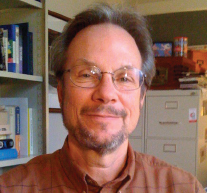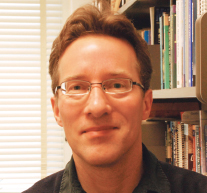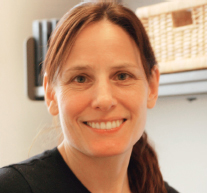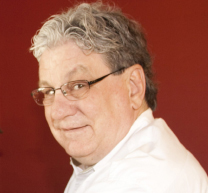About the Authors

Richard Campbell, director of the journalism program at Miami University, is the author of “60 Minutes” and the News: A Mythology for Middle America (1991) and coauthor of Cracked Coverage: Television News, the Anti-Cocaine Crusade, and the Reagan Legacy (1994). Campbell has written for numerous publications, including Columbia Journalism Review, Journal of Communication, and Media Studies Journal, and he has served on the editorial boards of Critical Studies in Mass Communication and Television Quarterly. He holds a PhD from Northwestern University.

Christopher R. Martin is a professor of journalism at the University of Northern Iowa and author of Framed! Labor and the Corporate Media (2003). He has written articles and reviews on journalism, televised sports, the Internet, and labor for several publications, including Communication Research, Journal of Communication, Journal of Communication Inquiry, Labor Studies Journal, and Culture, Sport, and Society. He is also on the editorial board of the Journal of Communication Inquiry. Martin holds a PhD from the University of Michigan and has also taught at Miami University.

Bettina Fabos, an award-winning video maker and former print reporter, is an associate professor of visual communication and interactive media studies at the University of Northern Iowa. She is the author of Wrong Turn on the Information Superhighway: Education and the Commercialized Internet (2003). Her areas of expertise include critical media literacy, Internet commercialization and education, and media representations of popular culture. Her work has been published in Library Trends, Review of Educational Research, and Harvard Educational Review. Fabos has a PhD from the University of Iowa.

Jimmie L. Reeves is an associate professor of electronic media communication at Texas Tech University. Reeves is co-author of Cracked Coverage: Television News, the Anti-Cocaine Crusade, and the Reagan Legacy (1994), and has written for numerous publications including the ViIIage Voice, Columbia Journalism Review, and Television Quarterly. Though his doctoral studies at the University of Texas focused on television criticism, his current scholarly interests have shifted to electronic gaming.